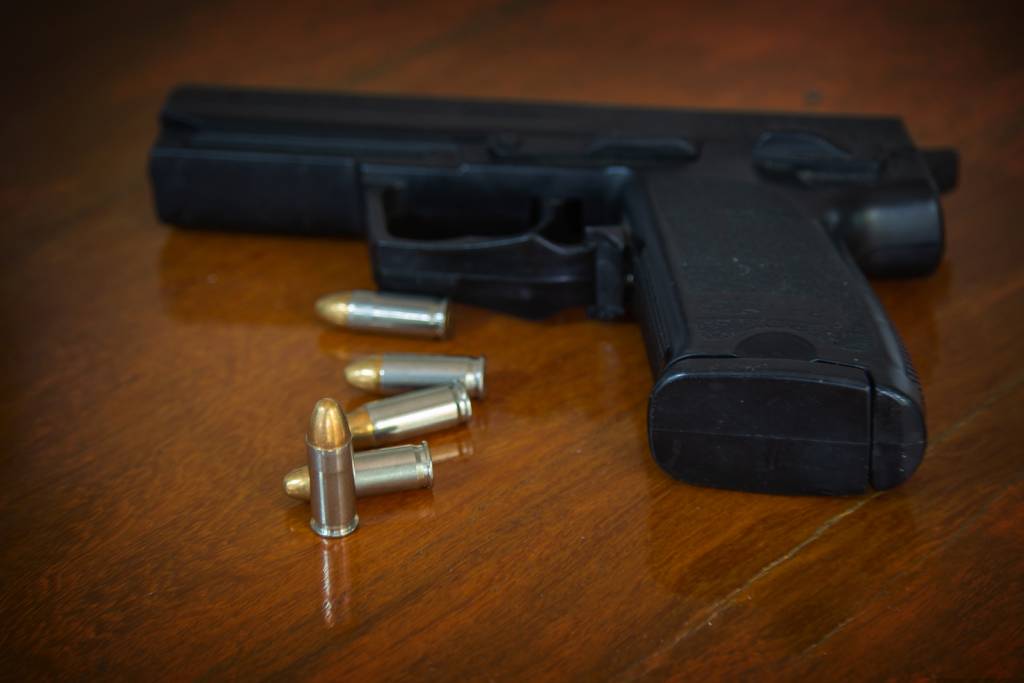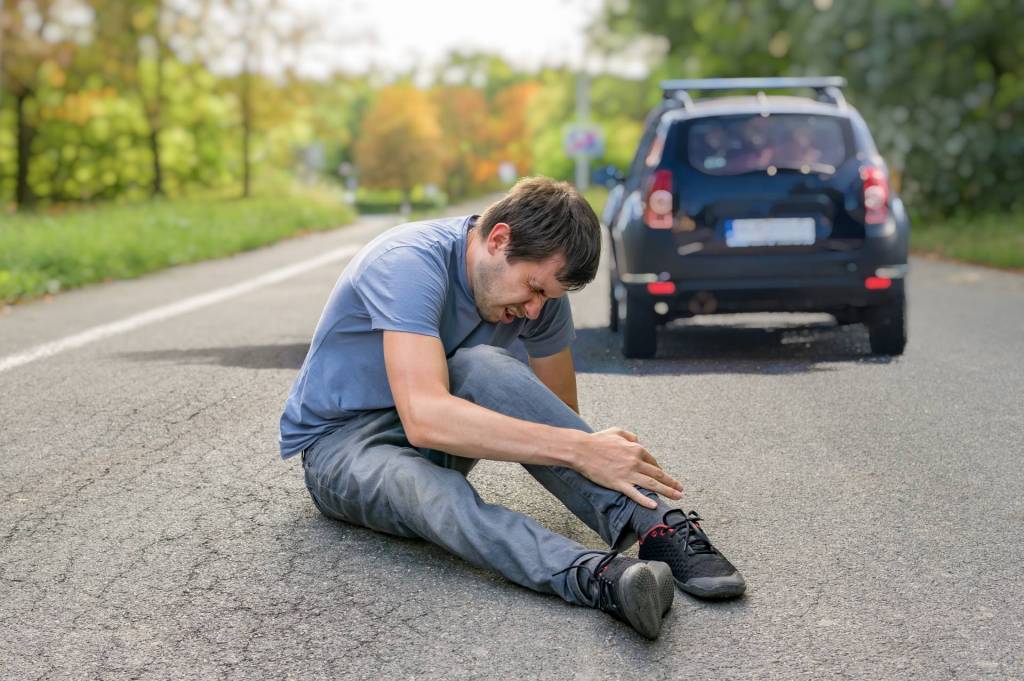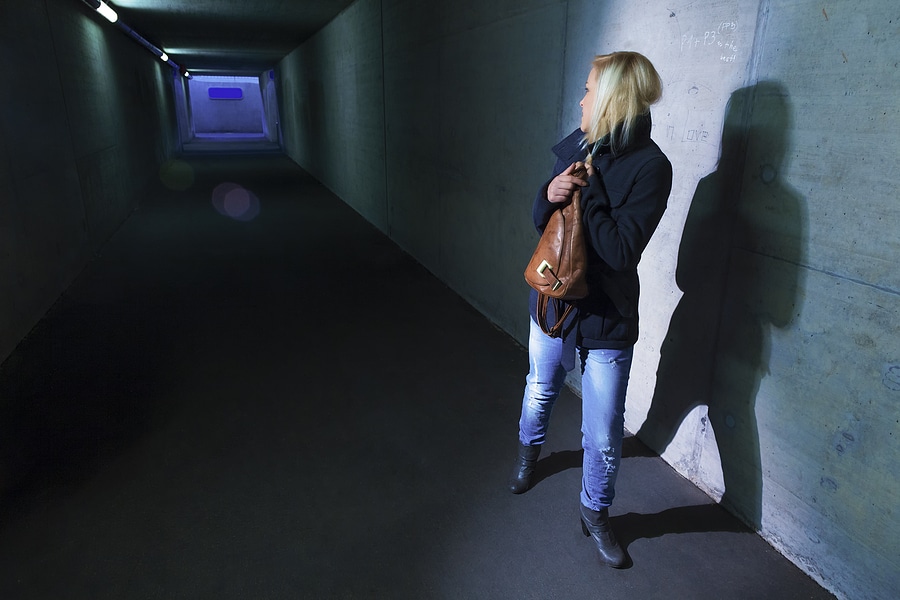When a case goes to trial, one of the first and most important steps is the selection of the jury, the group of people who will determine whether the defendant is innocent or guilty. The trial court judge will first bring forward a selection of prospective jurors. These people will be seated in the courtroom, and will be subjected to a process of selection so that the jury can be finalized.
The prospective jurors will swear that they will answer all questions truthfully, and the attorneys will then proceed to interview the individuals. Jurors will be questioned about their backgrounds. One of the biggest aims for any Los Angeles criminal defense attorney involved in jury selection is to understand whether the jurors have any pre-existing biases that could possibly influence their ability to be a neutral juror. A good criminal defense lawyer will thoroughly examine every potential juror to ensure that a defendant faces a neutral and impartial panel of jurors.
For instance, the jurors will be asked about whether they have already have any knowledge about the case. The attorneys may ask questions that are designed to understand whether there have been any past experiences in the juror’s life that could cause him to become biased toward either party in the case. There may be certain characteristic personality characteristics that a juror has that could also possibly cause him to become biased.
The jurors, however, will not be asked about how they would decide in the case in question. No personal questions will be asked.
This process of questioning will continue until 12 persons have been selected as the jury. Ultimately, the judge as well as the attorneys must agree that these jurors have the ability to decide impartially as well as intelligently.
For help after an arrest, speak to a Los Angeles criminal defense attorney.
Who Sits On A Jury?
Our Constitution gives suspects the right to a public trial by jury. However, the Constitution never uses the phrase “jury of one’s peers.” That term comes from the Magna Carta, signed in England in the year 1215. Today, however, a jury of one’s peers actually means a jury of fellow citizens, that is, a cross-section of your community. Your right to a trial by a jury of your peers, then, does not mean that an Asian suspect is entitled to an exclusively Asian jury or that a female suspect must be tried by an exclusively female jury. Ideally, a jury reflects the entire population of a community.
Here are some truths and misconceptions about jury duty:
- You can’t just throw away the summons for jury duty and pretend you never got it. You could be fined, and in some jurisdictions you could face other penalties. Respond to the summons.
- You can’t just lie about yourself to avoid jury duty. You could potentially be charged with perjury, but a perjury conviction requires a trial. A judge is more likely to declare you in contempt for lying to the court, and that could mean a fine or even jail time.
- Even if you’re not registered to vote, you can still be called for jury duty. Driver’s licenses and tax returns – as well as voter registrations – are now used in the never-ending search to find jurors.
Some people may be excused from jury duty for legitimate reasons. If you’re physically unable to be part of a jury, or if you are receiving ongoing medical treatment that cannot be interrupted, or if you’ve planned a distant trip and you’ve already made travel arrangements and reservations, you can usually be excused, but your name goes back into the general jury pool, and you could be called again in the future.
Unless you have a really good reason to avoid jury duty, try not to duck out of it. Everyone who’s charged with a crime has the right to a trial by a jury of peers, and it’s a right that you may need to exercise if you are ever accused of a crime.
Of course, many criminal cases aren’t actually resolved by trials. In some cases, a sharp defense attorney can have a charge dropped before a trial begins. Defendants also sometimes plead guilty; in other cases, a plea bargain is reached, the suspect pleads guilty to a lesser charge, and agrees to a lesser sentence. Nevertheless, it’s good to know that if you are charged with a crime in the Los Angeles area, you have the right to an attorney and the right to a trial by jury. If you face a criminal charge in the Los Angeles area, obtain the legal help you will very much need and speak to an experienced Los Angeles criminal defense lawyer as quickly as possible.
What is a Grand Jury?
Grand juries are a fascinating and somewhat secretive element in the American criminal justice system. Although average people serve on both grand juries and trial juries, their functions are quite different and separate.
You might define a grand jury as a group of citizens who help a prosecutor decide to bring charges or not to bring charges against a suspect in a criminal case. Grand juries may scrutinize almost any kind of evidence and question almost anyone. Normally, witnesses in a grand jury proceeding may not have their lawyers accompany them; hearings are held in secret, however, to encourage witnesses to testify freely.
A grand jury’s choice to indict or not to indict may or may not be the conclusion of a case. While prosecutors seriously take into account a grand jury’s determination, if a prosecutor strongly disagrees with a grand jury’s findings in a particular case, the prosecutor may still file charges at his or her discretion. Whether or not your own case goes in front of a grand jury, if you’re accused of a crime in Los Angeles or anywhere in southern California, protect yourself and your rights. Put your case immediately in the hands of a trustworthy and experienced Los Angeles criminal defense attorney.





